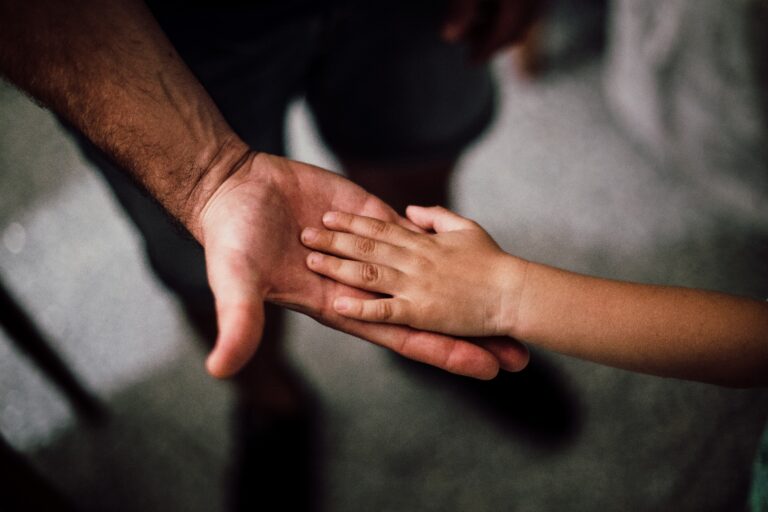In today’s lesson, your child reviewed the Stand Strong • Stay Safe Rules and talked about how they apply to situations that may involve abuse and neglect. Ask your child to remind you of what the rules are, 3or refer to Home Connection 1. It takes all of us working together to create safe communities for our children. By talking to the children in your life about these skills and using the tips below, you are taking steps to create a community where all children are protected.
Preparing for emergencies and preventing neglect
1. As a family, complete the Family Safety Plan. Include names and numbers of several key safe adults and how to contact them in case of emergency.
2. Ensure that your child knows how to get in touch with safe adults if they are home alone. If they have access to phone, make sure they know where it is and practice using it to call a safe adult. They could use a land line, cell phone, or a tablet with communication software (such as FaceTime, Skype, Messenger, WhatsApp) if you have a Wi-Fi connection at home.
3. Be aware of local and about state laws about leaving children home alone
- Texas State Laws and Guidance on Child Supervision: dfps.texas.gov
- Find Your State: AverysHouse.com
4. Additional guidance about leaving children home alone
- Child Welfare Information Gateway: Leaving Your Child Home Alone
- Preparing Your Child For Emergencies & Calling 911: CDC Blog
Recognizing, responding to, and reporting suspected abuse
1. Recognizing Abuse: There are many signs that a child might be experiencing abuse such as change in behavior, fear of going home, missing school often, having unexplained marks, bruises, or pain, or having an unmet medical need. (link to signs of abuse)
2. Responding to Abuse: If a child tells you about experiencing abuse, it is important to respond in a way that supports and protects them. Tips for responding to abuse include 1) stay calm; 2) listen, and if you are too distracted or unable to listen right then, make a plan with the child to talk about in a few minutes; 3) most importantly, believe the child.
3. Reporting Abuse: Anytime you suspect or witness abuse, it is important to make a report to the proper authorities. Even if you are not sure what happened, making a report can protect the child from future and prolonged abuse.
- Call to report: 1-800-252-5400
- Report online for non-urgent situations
- Life-threatening emergencies: Call 911





